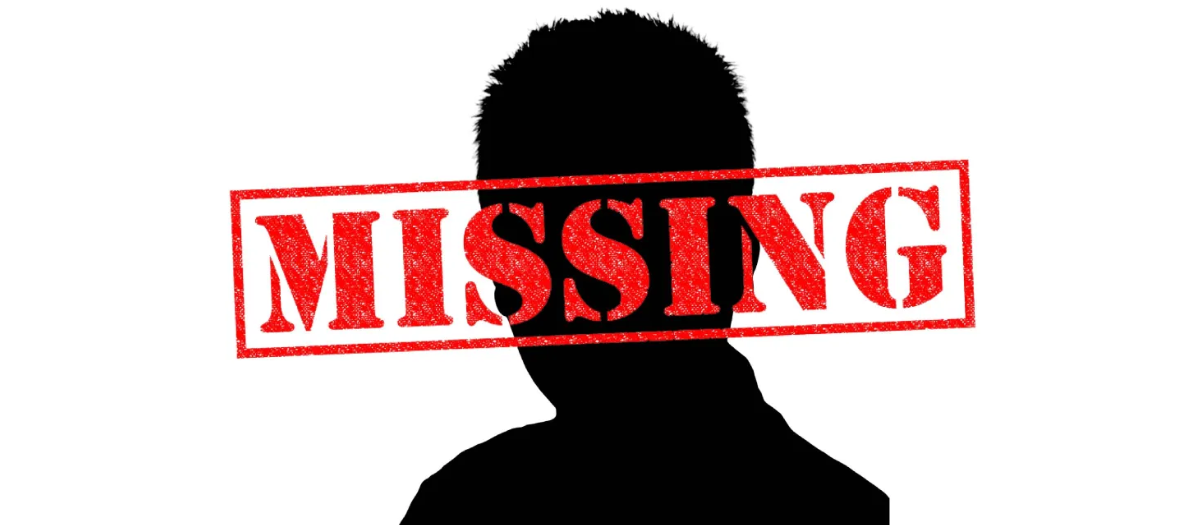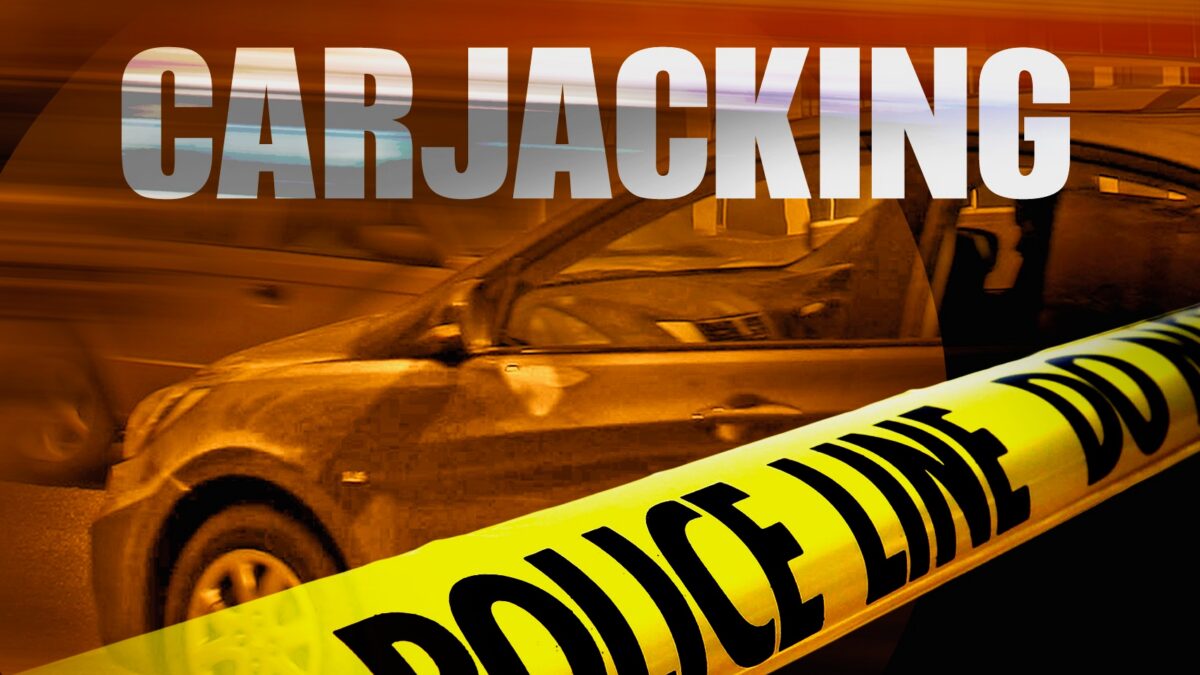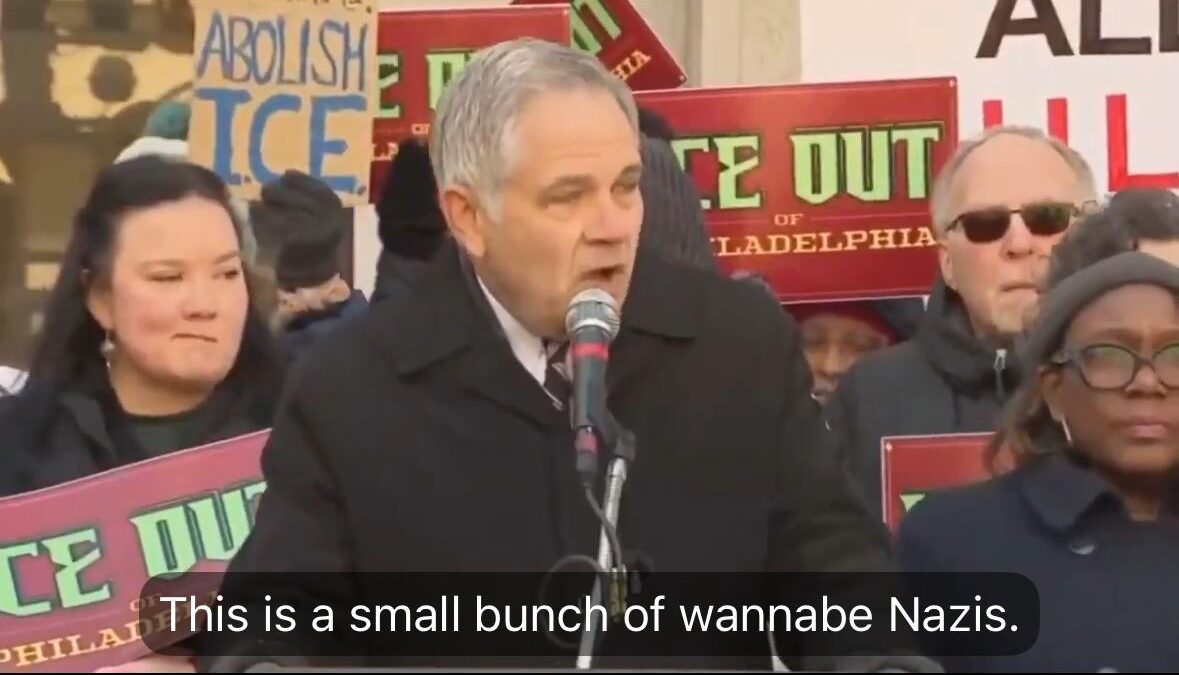Ben Mannes: Rising crime’s impact on the midterm elections
As violent crime skyrockets in many of America’s largest cities, Philadelphia included, public safety has become a major concern for voters who report not feeling safe in their communities. According to a Gallup poll from earlier this year, a majority of Americans worry a “great deal” about crime. In Philadelphia, that worry is tangible when examining a murder rate that has increased six years in a row and now sits at a record high.
“At this point, violent crime is most central to people’s minds,” Dr. Rashawn Ray, Governance Studies senior fellow at Brookings, told local reporters via email. “With access to apps and platforms that allow neighbors to share incidents with others that don’t even make the news, people are worried about violent crime coming to their doorstep.”
Meanwhile, in examining the Twitter feeds of gubernatorial candidate Josh Shapiro and senate candidate John Fetterman, the issue of crime is sidelined for a near-constant barrage of social issues ranging from abortion to same-sex marriage. This is of note considering that Fetterman runs the state’s board of pardons and Shapiro is the chief elected law enforcement officer in Pennsylvania. Further, Shapiro is responsible for internal investigations into reported corruption and/or crimes involving county District Attorney’s offices, which includes the Krasner and Zappala administrations.
READ MORE — Ben Mannes: Is Krasner violating the civil rights of Philadelphia police officers?
Robert VerBruggen, a fellow at the Manhattan Institute, says there’s a concerning long-term trend in violent crime. “I would stress that we shouldn’t limit ourselves to comparing 2022 with 2021,” VerBruggen said via email. “The most serious kinds of violence, including murders, shot up in 2020 and remained elevated the next year. We need to see big improvement, not just steady trends or even mild declines, to get back to where we were.”
Crime ranks high on the list of voter concerns, but it’s not the top issue heading into the midterms. Citing the results of an August survey, the Pew Research Center says violent crime is a “very important” issue for 60% of voters, ranking behind only the economy and gun policy.
“Republicans are much more likely to capitalize on crime issues,” Dr. Ray said. “This is not only because they tend to be more punitive in their approach to crime, but also because the party in office is held responsible for current outcomes.”
Ray says crime might be a more local issue for voters than other nationwide issues hitting the ballot this fall. “Crime is different from these other issues because people view it as more local, acute, and personal,” he continued. “Abortion is a party-line issue and mostly handled at the state level. People view the federal government to be largely responsible for a trickle-down economy, but crime is hyper-localized. Local politicians get blamed for something that happened down the street.”
According to the Brennan Center for Justice, violent crimes increased on average from 2020 to 2019. While Pennsylvania politicians blamed the coronavirus pandemic, it should be noted that crime rates have continued to rise drastically since pandemic lockdowns ended.
Violent crime rates increased by more than five percent, with murder increasing by 29 percent and aggravated assault increasing by 12 percent. Murders within cities rose by about 30 percent while murders in suburban and rural areas increased by about 20 percent, according to the Brennan Center’s analysis. The Brennan analysis notes that crime data “makes it difficult to pin recent trends on local policy shifts and reveals the basic inaccuracy of attempts to politicize a problem as complex as crime. Instead, the evidence points to broad national causes driving rising crime.” However, this can be refuted by 2021 crime reporting, which shows declining murder rates in Republican-led Miami and Democrat-led Dallas in 2021, despite rapid population growth in both cities.
So what did Miami and Dallas do differently than Philadelphia and Pittsburgh? Well, both Pennsylvania cities have progressive District Attorneys, while Miami and Dallas have voiced support for law enforcement and traditional prosecution strategies.
At a national level, Senate Republicans are drawing attention to local crime rates ahead of the midterm elections by introducing a bill that would direct resources to state and local law enforcement. The bill would also require the Government Accountability Office (GAO) to study backlogs in processing rape kits at crime labs.
“We are offering solutions to combat this violent crime wave that is plaguing our nation and our cities,” said Sen. Marsha Blackburn (R-TN) in a Sept. 14 press conference, where she was joined by fellow Sens. Mike Braun (R-IN), Chuck Grassley (R-IA), Bill Hagerty (R-TN), Ron Johnson R-WI) and John Kennedy (R-LA). Blackburn also noted that the bill would create a grant program enabling law enforcement to hire more officers and detectives, as well as expand resources for police departments to address drug crimes.
People view the federal government to be largely responsible for a trickle-down economy, but crime is hyper-localized. Local politicians get blamed for something that happened down the street.
Funding and grants for law enforcement are typically handled through annual congressional appropriations. The most recent federal spending package, enacted in March with bipartisan support, appropriated $3.88 billion for grants from the U.S. Department of Justice (DOJ) to local and state law enforcement agencies. However, analysis of the package shows that this congressional funding included $575 million for the Office on Violence Against Women grants, the highest funding level ever for that program, and $201 million for State and Local Law Enforcement Assistance and Community Oriented Policing Services, which are DOJ programs intended to “improve relationships between police departments and the communities they serve,” representing a 31 percent boost in funding compared to the previous year.
Drastic shortages in police recruiting and training in cities like Philadelphia raise questions as to whether state and federal funding is even reaching the rank-and-file on our streets. Many are left wondering where their federal funding went: did it empower aggressive policing strategies needed to combat rising murder rates, or did it fuel the continued politization of law enforcement in the wake of national riots following the death of George Floyd?
Funding aside, the current crisis of violent crime plaguing the Commonwealth presents an opportunity to address voter concerns about their physical and economic security — which may prove more pressing in the Keystone state than the wedge issues of abortion, Trump, and immigration.
A. Benjamin Mannes, MA, CPP, CESP, is a Subject Matter Expert in Security & Criminal Justice Reform based on his own experiences on both sides of the criminal justice system. He has served as a federal and municipal law enforcement officer and was the former Director, Office of Investigations with the American Board of Internal Medicine. @PublicSafetySME





Nah, baby killing and fraud in elections, for me, is more important than crime at my doorstep.
Pennsylvania has concealed carry for a reason in our State Constitution. Its YOUR JOB to protect yourself.. People need to stop relying on the Government to take care of them. Help may not show up one of these days.. as we are witnessing NOW.